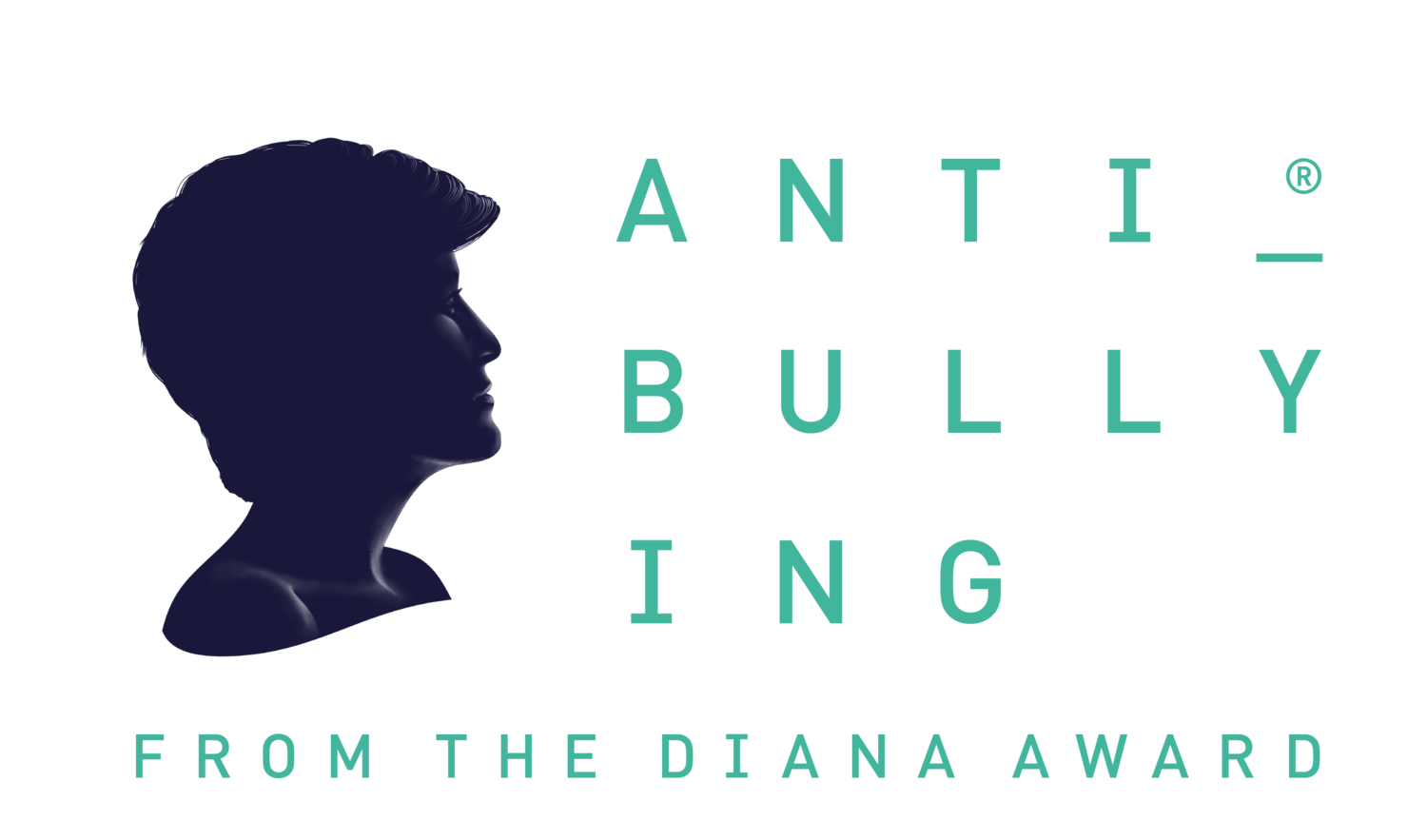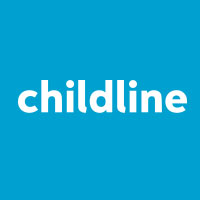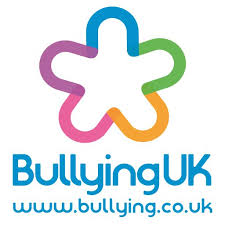
The Anti-Bullying Ambassador Programme
The Anti-Bullying Ambassador programme is part of the charity the Diana Award.The programme offers resources and training to schools and youth organisations in the UK.

The national association for PSHE education professionals
The national association for PSHE education professionals. Providing members with dedicated support, resources, training & guidance.

Kids Health
Advice for parents on children’s health, behaviour and growth. For young people it offers support and advice on health, puberty, emotions and life.

Childline
Childline is a free, private and confidential service for young people under 19 to contact for help and support either online or on the phone regarding any issues or worries, anytime.

Bullying UK
Bullying UK, part of Family Lives, is a leading charity providing advice and support to anyone affected by bullying.

Twinkl
Teacher created resources providing schemes of work, lesson planning and assessments, online educational games and more.
Key Statements
The importance of respecting others, even when they are very different from them (for example, physically, in character, personality or backgrounds), or make different choices or have different preferences or beliefs.
Practical steps they can take in a range of different contexts to improve or support respectful relationships.
The conventions of courtesy and manners.
The importance of self-respect and how this links to their own happiness.
That in school and in wider society they can expect to be treated with respect by others, and that in turn they should show due respect to others, including those in positions of authority.
About different types of bullying (including cyberbullying), the impact of bullying, responsibilities of bystanders (primarily reporting bullying to an adult) and how to get help.
What a stereotype is, and how stereotypes can be unfair, negative or destructive.
The importance of permission - seeking and giving in relationships with friends, peers and adults.
Can you help?
Do you have any resources to share with colleagues in the North East Lincolnshire area? Please get in touch and let us know.
Give your feedback